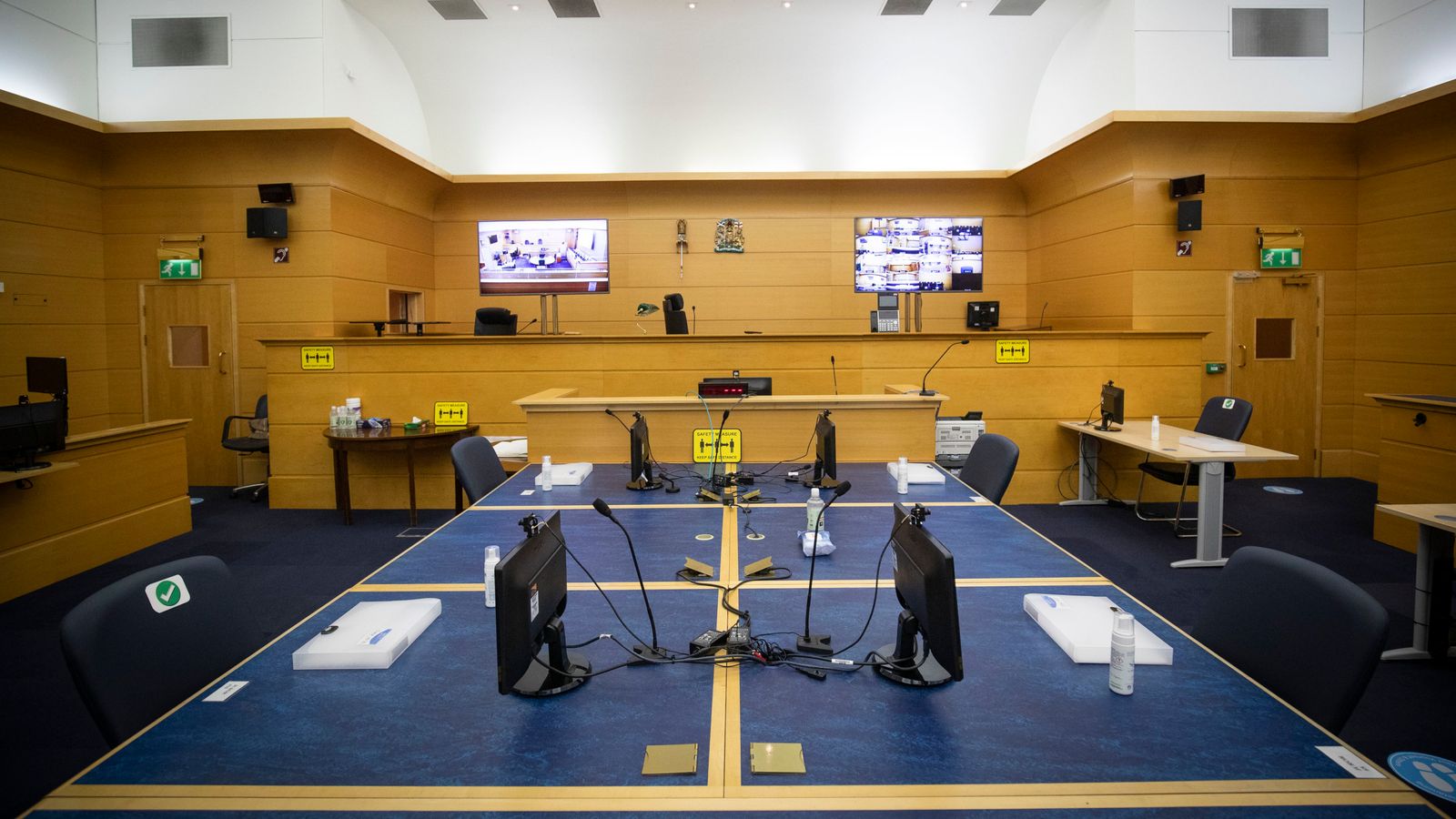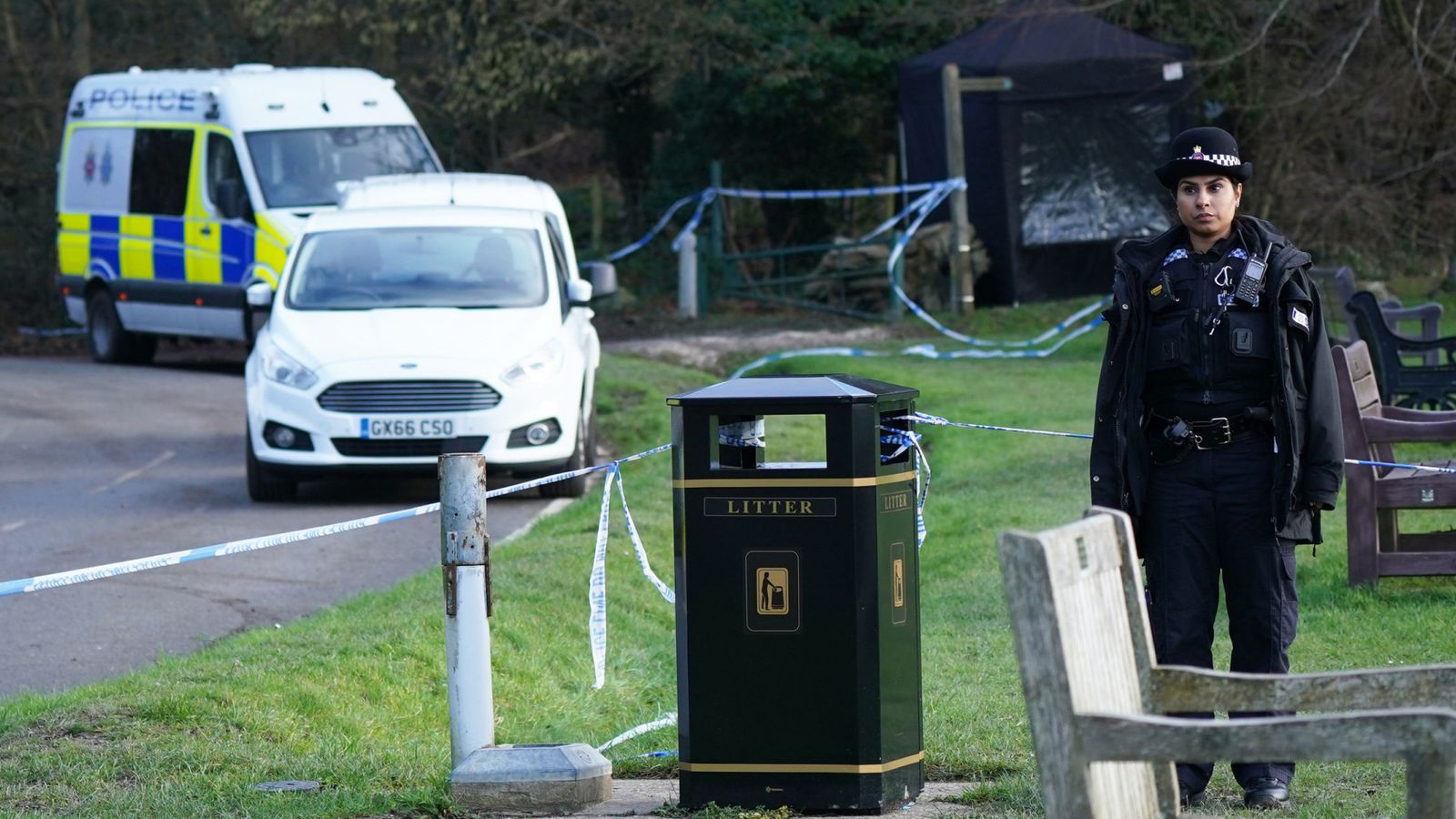The father of a murdered teenager has told a Holyrood committee that Scotland’s controversial not proven verdict gives the defence a “two to one chance” and the sooner it’s scrapped “the better”.
The not proven verdict is deemed controversial as the judge or jury is unconvinced the suspect is innocent, but guilt has not been proven “beyond reasonable doubt”.
Joe Duffy and his family have lobbied for the abolition of the third verdict since the trial of the man accused of killing his daughter.
Frances Auld was acquitted of murdering 19-year-old student Amanda Duffy after her body was found on waste ground in Hamilton, South Lanarkshire, in 1992.
The trial prompted a national conversation around the verdict and double jeopardy rules.
In 1995, Amanda’s parents sued murder suspect Auld in civil court, where the standard of evidence is lower. Auld did not contest the lawsuit and the couple were awarded £50,000 – which was never paid.
Auld died of pancreatic cancer in July 2017, aged 45.
The Scottish government is aiming to introduce a series of reforms to the legal system, including plans to scrap the not proven verdict.
The Victims, Witnesses and Justice Reform (Scotland) Bill also proposes to reduce the number of people on juries from 15 to 12, with at least eight jurors required to support a guilty conviction.
The proposed legislation has already come under the spotlight with plans for a time-limited pilot of rape trials being conducted by a single judge without a jury.
Following three decades of campaigning, Mr Duffy told the Criminal Justice Committee that the not proven verdict gave the defence team a “two to one chance” and is “an anomaly that shouldn’t be there”.
Giving evidence on Tuesday in regards to part four of the bill, he said better understanding is needed of the verdict and it would be a “relief” if it was scrapped.
Mr Duffy said: “It’s an outmoded, outdated, and unnecessary system. There is no requirement for three verdicts, especially when two of them mean exactly the same thing.”
He said the “only difference between not proven and not guilty is the spelling”, adding: “It’s unnecessary. It needs to be removed.”
Sandy Brindley, the chief executive of Rape Crisis Scotland, said the not proven verdict is “used disproportionately” in rape cases.
She also highlighted that jurors’ attitudes in such cases may mean the “not proven verdict could be contributing to wrongful acquittals in rape cases”.
Ms Brindley said scrapping the verdict would be the “right thing to do”.
She told MSPs: “I think it is obvious to anyone guilty men are regularly walking free.”
Read more from Sky News:
Government stops short of fully committing to ‘Hillsborough Law’
People removed from COVID inquiry as Johnson interrupted
Ms Brindley also noted there is not an adequate system in place to be able to track data, for example to compare the number of prosecutions to the number of convictions.
Mr Duffy, who has assisted many other families in the same situation, said the not proven verdict creates trauma as “there’s no level of justice” because “somebody’s just walked free”.
He said people affected by crime are “in limbo” ahead of a trial, adding: “Everybody’s waiting on the trial because ‘then we’ll get a verdict, then we’ll get justice’.
“And then they go there and they don’t get justice, so the trauma gets exacerbated.”
Be the first to get Breaking News
Install the Sky News app for free
Mr Duffy was praised by Russell Findlay MSP for his tireless campaigning over the years.
Mr Duffy said that some people believe that the verdict has already been scrapped.
He joked: “The only thing that I was really flattered about is that it seems this bill has actually passed, according to two taxi drivers I’ve had recently because they congratulated me on it being abolished.
“So, I’d like to get it moving and get it done because these guys are obviously right because they’re taxi drivers.”
Mr Duffy added: “I’m not getting any younger, so the sooner the better, please.”






